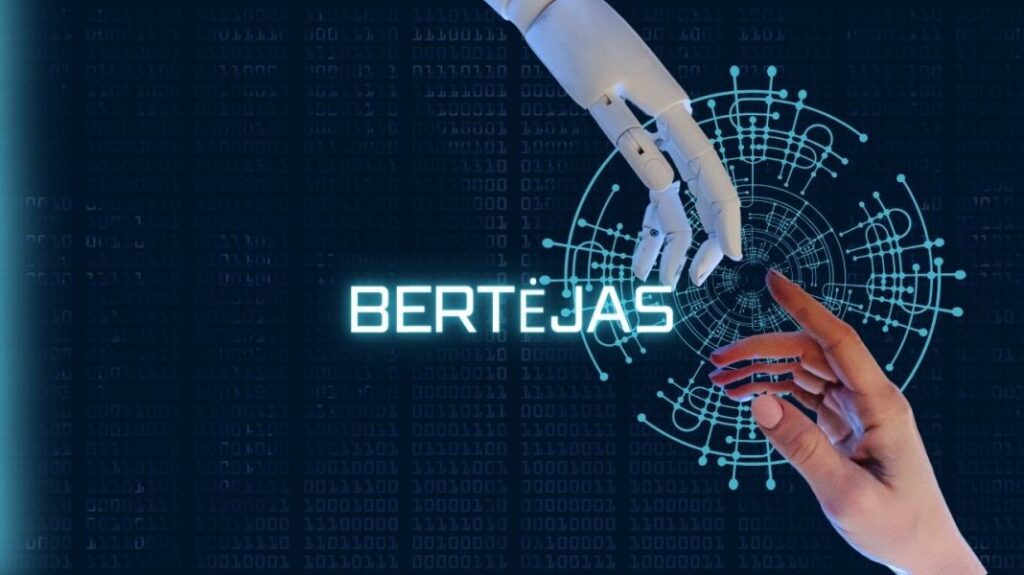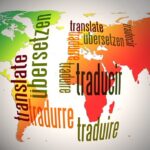Introduction
In many cultures, the role of a “bertėjas” is essential. This term refers to someone who acts as a bridge. They connect people, ideas, and cultures. Understanding this role is important in our global society.
Who is a Bertėjas?
A bertėjas is a translator or interpreter. They help people understand each other. This role is crucial in many fields. These include diplomacy, business, and education. A bertėjas must be fluent in multiple languages. They also need to understand cultural nuances. This ensures accurate communication between parties.
The Role of a “Bertėjas” in Technology
“Bertėjas” is a Lithuanian term. It usually means a translator or interpreter. It emphasizes their role in aiding communication between languages and cultures. This can encompass a wide range of fields, including technology, business, diplomacy, and education. The term is not only about technology. But, it is very relevant in tech. This is especially true in areas like software localization. It’s also true in multilingual customer support and international tech conferences.
If you want the article to focus more on the technology of being a “bertėjas,” we can adjust the content. It will highlight the intersection of language translation and technology. Here’s an updated version with a focus on the role of bertėjas in the context of technology
The Skills of a Bertėjas
Being a bertėjas requires specific skills. First, language proficiency is vital. A bertėjas must be fluent in at least two languages. They also need excellent listening skills. They must catch every detail in the conversation. Good memory is also important. They often need to recall long phrases or sentences. Cultural awareness is another key skill. They must understand cultural references and idioms. This helps them convey the correct meaning.
Written Translators
Written translators work with written texts. They convert documents from one language to another. This includes books, legal documents, and articles. Written translation requires excellent writing skills. The translator conveys the original meaning with precision. They must also maintain the style and tone of the text.
Technical Jargon
Dealing with technical jargon is a significant challenge. Each field has its specialized terms. A bertėjas must understand these terms. This is crucial for accurate translation. Misunderstanding jargon can lead to errors. Thus, continuous learning is essential.
Maintaining Neutrality
Maintaining neutrality is another challenge. A bertėjas must convey the message without bias. They should not let personal opinions influence their work. This is especially important in sensitive settings. Examples include legal and diplomatic contexts.
Stress and Pressure
Stress is a common issue for beržėjai. They often work in high-pressure environments. This includes live events and tight deadlines. They need to stay calm and focused under pressure. Effective stress management techniques are essential.
Types of Bertėjas
There are different types of bertėjas. Each type serves a unique purpose. The first type is a simultaneous interpreter. They translate in real-time. This is common in conferences or meetings. The second type is a consecutive interpreter. They wait for the speaker to pause before translating. This is often used in smaller settings. The third type is a written translator. They convert written text from one language to another. Each type requires a specific skill set also read Everything You Need To Know About It Cevurı
Simultaneous Interpreters
Simultaneous interpreters work in real-time. They translate as the speaker talks. This requires quick thinking and excellent multitasking skills. It’s common in large conferences and international meetings. Simultaneous interpreting demands high concentration. The interpreter absorbs the language and renders it in real-time.
Challenges Faced by Bertėjas
Bertėjas face many challenges. One major challenge is dealing with technical jargon. Specialized fields have their own terms. A bertėjas must understand these to translate accurately. Another challenge is maintaining neutrality. They must convey the message without bias. Stress is also a common issue. They often work in high-pressure environments. They need to stay calm and focused under pressure.
The Importance of Bertėjas in Diplomacy
In diplomacy, bertėjas play a crucial role. They ensure clear communication between nations. Misunderstandings can lead to conflicts. A skilled bertėjas can prevent this. They help diplomats understand each other. This leads to better negotiations and agreements. Their role in diplomacy cannot be overstated.
Bertėjas in Business
In the business world, bertėjas are essential. Companies operate globally. They need to communicate with international partners. A bertėjas helps bridge language barriers. They ensure clear communication in meetings. They also translate important documents. This helps businesses operate smoothly. It also prevents costly misunderstandings.
Bertėjas in Education
In education, bertėjas also play a vital role. They help students understand foreign languages. They also assist in translating academic materials. This makes education accessible to more people. They also help teachers communicate with non-native speakers. This creates a more inclusive learning environment.
The Future of Bertėjas
The role of a bertėjas is evolving. Technology is changing how they work. Translation apps are becoming more common. However, human bertėjas are still necessary. Machines can’t understand cultural nuances. They also can’t convey emotions as humans do. The future will see a blend of technology and human skills. Bertėjas will need to adapt to these changes.
How to Become a Bertėjas
Becoming a bertėjas requires education and training. Most start with a degree in languages. Some pursue specialized training in translation.They also need hands-on experience. Internships and volunteer work are valuable. Continuous learning is also important. Language and culture are always evolving. A good bertėjas keeps up with these changes.
Conclusion
The role of a bertėjas is crucial in our interconnected world. They facilitate communication between different languages and cultures. They work in various fields, including diplomacy, business, and education. The future holds new opportunities for bertėjas. They will continue to be essential in bridging language and cultural gaps



